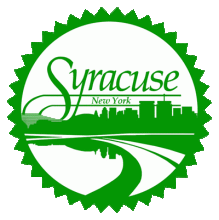121 Colorado Communities Have Opted Out of Anti-Muni Broadband Preemption Law
More than 121 Colorado cities and towns have now opted out of SB152, a 17-year old state law backed by telecom monopolies greatly restricting the construction and funding of community broadband alternatives.
And the trend shows no sign of slowing down.
Colorado’s SB152, passed in 2005 after lobbying pressure by Comcast and Centurylink, prohibits the use of municipal or county money for broadband infrastructure without first holding a public vote.
Deep pocketed monopolies know they can usually outspend municipalities, bombarding voters with misleading marketing to try and shift the vote in their favor. But SB152 is different from most of the other 17 state preemption laws ghost written by monopolies in a bid to stifle consumer choice: it includes a clause allowing voters to opt out of the restrictions entirely. Angry at decades of market failure, Colorado towns and cities are increasingly shaking off these unnecessary shackles in a bid to improve service.
During the recent midterm elections, four additional communities (Castle Pines, Lone Tree, Pueblo and Trinidad) voted to opt out of the onerous state restrictions. With those votes, more than 121 Colorado communities have chosen to opt out of SB152, according to the latest tally by the Denver Post.
Across the country, the pandemic highlighted the essential nature of affordable fiber broadband networks. That in turn accelerated public annoyance at regional monopolies intent on maintaining a very broken, but very profitable status quo, Tim Scott, a project manager overseeing the buildout of Boulder’s broadband backbone, told the Denver Post.
“Why do we accept this duopoly of service? That’s what we’re trying to do in Boulder is to make it more competitive,” Scott said. “What the pandemic did is it brought the delivery of broadband services to the attention of every mayor.”




